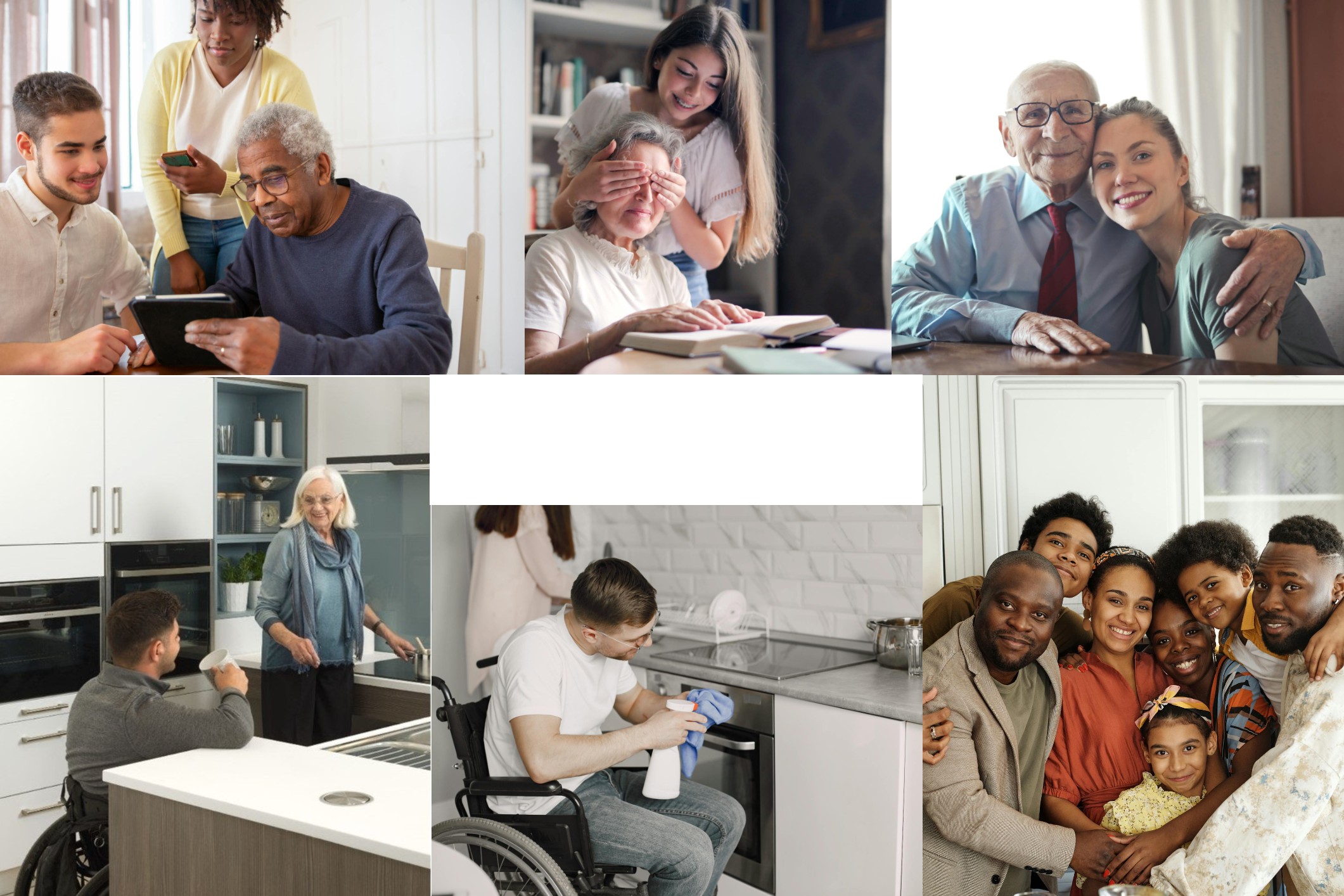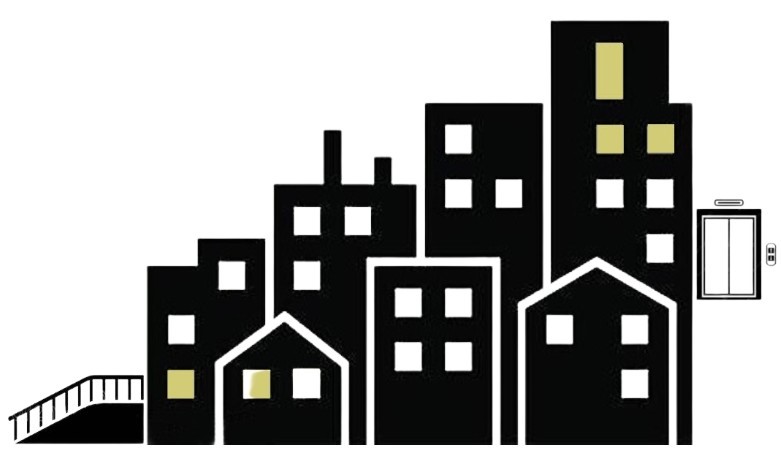In Western cultures particularly, moving away from home has traditionally been considered a crucial step in becoming an independent adult but this milestone event is no longer the standard expectation.
Unfortunately, the cost of living crisis, record high rents, a shortage of affordable homes and global events such as the Pandemic and impact of long covid has interrupted this ‘moving out’ practice for many young adults.
Now, let’s consider what this changing time looks like if you’re a young adult that suddenly or maybe gradually over time is living with impaired mobility and is experiencing a serious lack of accessible, adapted accommodation.
You could now be stuck in a house that’s confining you to potentially one or two rooms and need to be carried upstairs or have to go to the toilet with the door open.
A lack of dignity, helplessness and a feeling of isolation severely impact your quality of life.
You search for accessible, affordable accommodation for many months but can’t find anything suitable for your needs and maybe your parents are getting older- possibly struggling with their health too, making you acutely aware that they’re not going to be able to care for you much longer.
This scenario is a fast growing situation for many young adults with impaired mobility.
And while most parents will do what it takes to provide room for their young adult in this position, that young adult craves a life with more independence-as we all do.
A serious concern
“Too many young disabled people have to put the rest of their lives on hold as they wait years for accessible homes,” says Mikey Erhardt, campaigns and policy officer at Disability Rights “The situation is only getting worse, with the high cost of rents making it less likely that young disabled people can afford to move out, let alone into an accessible home”.

It’s a Family Affair
So, as we live through the housing challenges that are constantly shifting, it is now more important than ever to ensure that everyone’s current and future needs can be met.
For instance, in most cases, a young person with a disability is likely to remain in the family home with their family.
Equally, older parents with mobility impairment usually want to manage this while remaining in their own home, so it’s essential to design a home that can be shared by everyone so that nobody feels excluded.

Future proof design
Where possible creating spacious, accessible and sociable family areas within the home, enables families to cook, eat and spend time together.
Separate rooms for parents, a mobility impaired adult and siblings to spend time alone creates a space for privacy, or a place to entertain friends away from the main areas of the home.
As well as adaptations within the home, it is important to consider changes that can be made to the exterior parts of the property to create a safe environment and increase the level of freedom-especially for the mobility impaired.
Independence
By encouraging and facilitating independent living, parents may find that there is less reliance on them to provide the majority of care for their young adult, which in turn reduces the pressures on them.
As well as sourcing adapted properties for individuals and couples, Relevant Spaces also recognizes the growing group of multi generational families that often include a mobility impaired family member.
Therefore, we strive to design well-adapted homes that will today, have a huge positive impact on the whole family improving wellbeing, confidence and at the same time creating future-proof spaces that will continue to be useful tomorrow.
